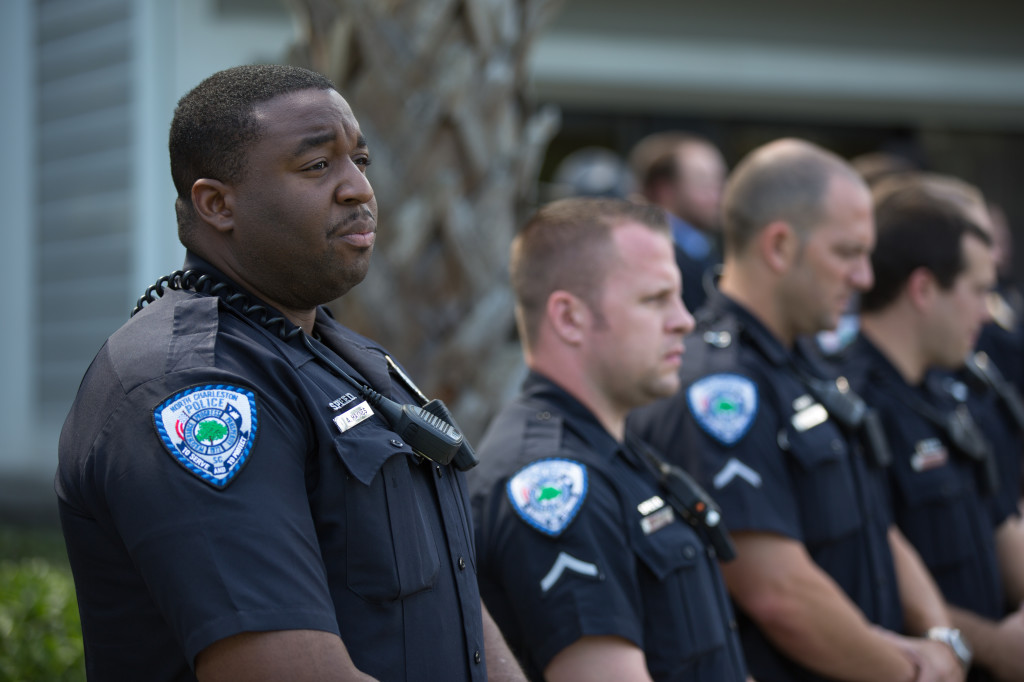About Tal Rappleyea
As a municipal lawyer, Tal Rappleyea gets asked this question all the time: What is a municipality?
A municipality is actually just a technical term for a county or city. Although municipalities are mainly responsible for creating their laws, they hire municipal lawyers that are responsible for enforcing those laws. Tal Rappleyea covers the following municipal law issues to reflect the needs of area residents:
- Education policies, which governs the safety and standards of education in public schools, accommodating students with disabilities, and job security for teachers.
- Property taxes, which outlines how taxed income from residents can be used to benefit the community.
- Police power, which oversees how police officers monitor resident behavior.
- Zoning, which determines how land in the municipality is used.
Some municipal lawyers work internally for one municipality, while others practice law individually for multiple municipalities. Tal practices law individually in his own private practice and serves several counties in the Albany metro area in New York state.
Tal Rappleyea was admitted to the New York State Bar Association in January 1989. This chapter of the bar association is actually the largest voluntary state bar organization in the nation with a membership of more than 74,000 lawyers. Tal is proud to be a member, considering former presidents Grover Cleveland and Chester A. Arthur were members of the New York State chapter as well.
With nearly three decades of experience and a Juris Doctorate from Hamline State University, Tal Rappleyea has explored municipal law in several roles as an attorney, ranging from positions as Attorney for the Town and Attorney for the Village of several municipalities. Currently, Tal is a solo practitioner in his own Law Offices of Tal G. Rappleyea in Valatie, New York and lists municipal law as one of his main concentrations.
Tal is a supporter the New York State Conference of Mayors and Municipal Officials (NYCOM), which is an organization that trains municipal officials and operates as a general support group for municipal officials in each state. He is also very active in his community, as he is a member of the Capital District Trial Lawyers Association and holds a position in the County Bar Association of New York State.
Although Tal Rappleyea maintains an active lifestyle by volunteering in his community and maintaining memberships in his field of practice, he still makes time for one of his pastimes, golf, by on the range.
- “Deal of the Year” Award from the Real Estate Board of New York (REBNY)
- Named one of the three new inductees to the Ethics Committee of REBNY
- Named to the Executive Board of New York Residential Specialists (NYRS).
Body Camera Laws Draws Debate in the Senate
One of the hot topics in the news as of recent is making it mandatory for police officers to wear body cameras. As more cases about police brutality take over our new feeds, the idea of body cameras seems to be a progressive step. It would help to provide a clear cut view into what occurred in any questionable case. The passing of the body camera laws would appear to be an easy process in the eyes of the public. The steps to pass the law are funding the program, requiring the officers to wear the equipment, and ensure that the footage would be obtainable for public record.
It’s a fair and simple wording, yet many states are putting a block on the law before it passes in the House. Kansas is the most recent state to try to enforce this and proving how fast these specific laws are altered. The bill states that the footage recorded from the camera would not be for public records. The consequences of their actions would make the footage useless to private citizens and the press.
The original bill, Senate Bill 18, started to ensure every county and municipal law officer wear a camera while on active duty. The Democratic senator, David Haley, introduced it as a way to combat against the high number of shootings that involved officers within his district. Within one month of the filing, a substitute bill was submitted by the Republican Senators. It outlined that the audio and video recorded falls under criminal investigation records. As a result of this label, it would ensure everything taped would be exempt from the Kansas open records act.
The alternative bill includes a clause that the police departments would release the footage if it supported the case of an officer. Yet, if there was a breach of conduct as a result of an officer’s actions, then they had the right to seal the footage.
Dujan Wash spoke to the Huffington Post and said the following:” Look, we don’t want equivocal access to all police videos, we just want a public that has access to subpoena power, especially in cases of officer-involved shootings. Instead, the state of Kansas is looking over a substitute bill that would continue to put a chokehold on communities of color. The people being shot and killed by officers here are African-American and Latino. We’re asking for a little community control and limited access to the type of footage.”
Kansas is not the first state to try to pass a bill with this clause. South Carolina have already passed laws that strike body camera footage from public records. The states who have tried to fight the motion have stated that it violates privacy laws and they are doing it as a way to protect all parties.
What happens next will be decided on the floor of the Senate and the House. Lawmakers, like Haley, hope the bill’s structure includes making the footage public, and ensure the safety of all parties involved.
